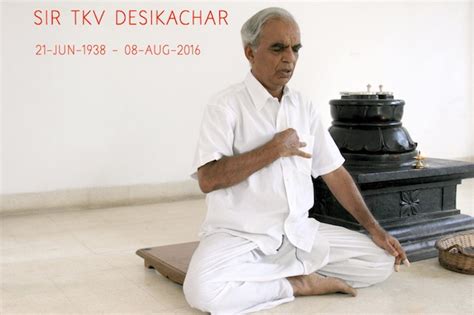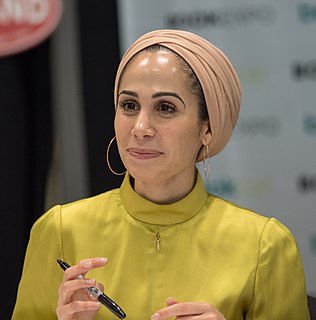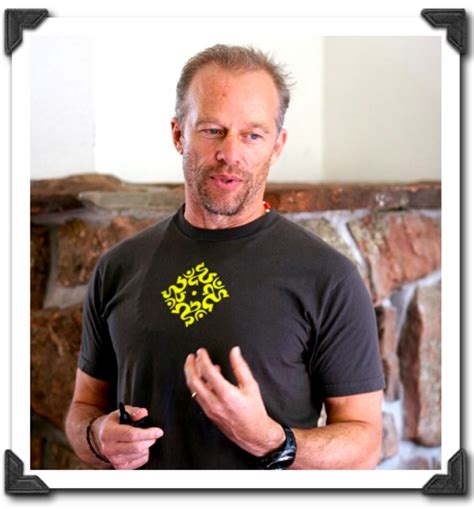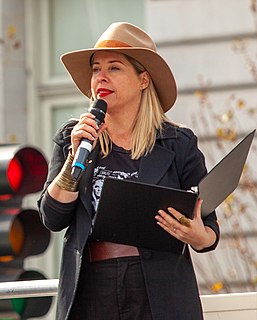A Quote by T. K. V. Desikachar
The ultimate goal of yoga is to always observe things accurately, and therefore never act in a way that will make us regret our actions later.
Related Quotes
Practice giving things away, not just things you don't care about, but things you do like. Remember, it is not the size of a gift, it is its quality and the amount of mental attachment you overcome that count. So don't bankrupt yourself on a momentary positive impulse, only to regret it later. Give thought to giving. Give small things, carefully, and observe the mental processes going along with the act of releasing the little thing you liked.
Yoga's ultimate intent is to achieve something far deeper and more meaningful than just a better body or less stress and tension. Its ultimate aim is to help you hear your soul's call so that you can be consistently guided to make the best decisions - the ones that serve your highest state of wellbeing. In the process of doing so, you will necessarily be made more whole and act in such a way as to support the larger world of which you are a part.
Big Data allows us to see patterns we have never seen before. This will clearly show us interdependence and connections that will lead to a new way of looking at everything. It will let us see the ‘real-time’ cause and effect of our actions. What we buy, eat, donate, and throw away will be visual in a real-time map to see the ripple effect of our actions. That could only lead to mores-conscious behavior.
We were never lovers, and we never will be, now. I do not regret that, however. I regret the conversations we never had, the time we did not spend together. I regret that I never told him that he made me happy, when I was in his company. The world was the better for his being in it. These things alone do I now regret: things left unsaid. And he is gone, and I am old.
We do believe in setting goals. We live by goals. In athletics we always have a goal. When we go to school, we have the goal of graduation and degrees. Our total existence is goal-oriented. We must have goals to make progress, encouraged by keeping records . . . as the swimmer or the jumper or the runner does . . . Progress is easier when it is timed, checked, and measured. . . .Goals are good. Laboring with a distant aim sets the mind in a higher key and puts us at our best. Goals should always be made to a point that will make us reach and strain.
Every noble work is bound to face problems and obstacles. It is important to check your goal and motivation thoroughly. One should be very truthful, honest, and reasonable. One's actions should be good for others, and for oneself as well. Once a positive goal is chosen, you should decide to pursue it all the way to the end. Even if it is not realized, at least there will be no regret.
It is not the actions of others which trouble us (for those actions are controlled by their governing part), but rather it is our own judgments. Therefore remove those judgments and resolve to let go of your anger, and it will already be gone. How do you let go? By realizing that such actions are not shameful to you.































